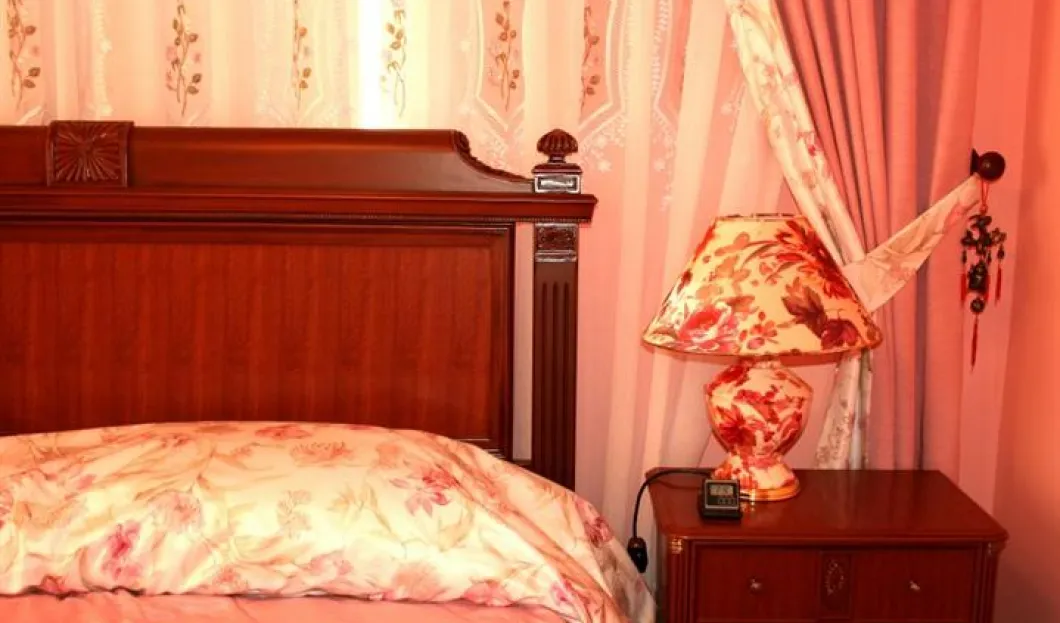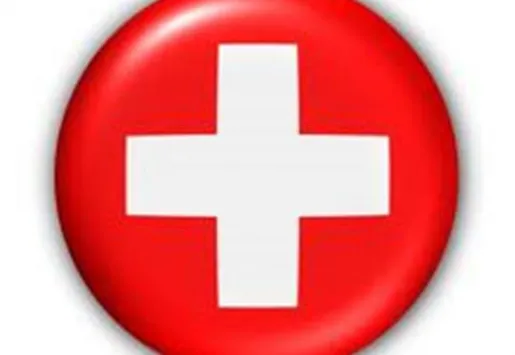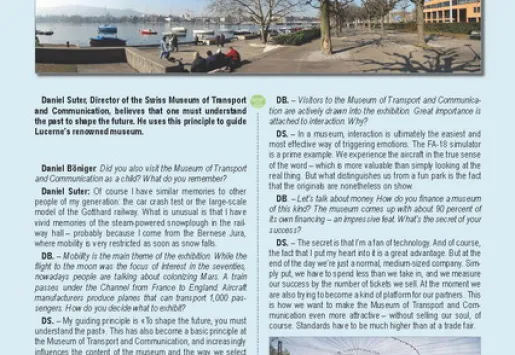
A special-rate should continue to apply to the sales tax for the hotel industry to boost hospitality in Switzerland. The National Council has spoken out for an extension until the end of 2017.
The National Council agreed to the submission with 145 to 36 votes and one abstention. If the Council of States also says yes, then a sales tax of 3.8 percent will continue to apply for the hotel industry. The normal rate amounts to 8 percent, the reduced rate for essential goods amounts to 2.5 percent.
In 1996, the special lower rate for the hotel industry was temporarily introduced due to the difficult economic situation. Since then, the regulation has been extended four times, lastly at the end of 2013. A further extension until the end of 2017 is supposed to guarantee that the hotel industry will underlie the reduced tax rate until the planned revision of the value added tax law.
The supporters argument with the difficult situation of the hotel industry considering the strong Swiss Franc.
The SP spoke out against the extension. "A permanent solution has long come out of the temporary solution," criticized Prisca Birrer-Heimo (SP/LU). The hotel industry is actually experiencing a difficult time. This also applies to other industries though. You can't give preference to one industry permanently. The SP especially criticizes the principle of indiscriminate all-round distribution: Everyone profits from the lower tax rate, also the successful congress tourism, said Birrer-Heimo. There are more efficient means for the support of the tourism and the mountainous regions.
Opponents as well as supporters point out, that the planned revision of the value added tax law could take up more time. The parliament declined the original plans of the Federal Council for a flat-rate tax and ordered the Federal Council to submit a two-rate model which maintains most of today's prevailing exceptions. At the end of January 2013, the Federal Council submitted its versions.
At the will of the parliament, the hotel industry and the catering industry should in the future profit from the lower tax rate in the two-rate model. An increase of taxes is to be avoided, demanded the National Council and the Council of States. From the Federal Council's point of view however, it is inevitable to compensate for the tax loss which would be related to the reform.
















